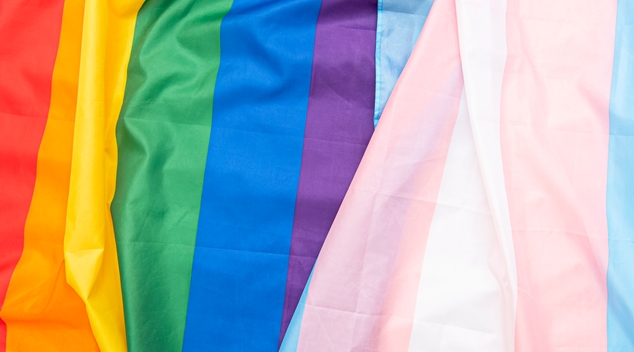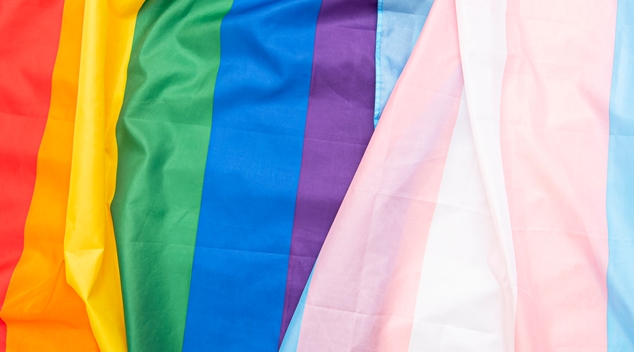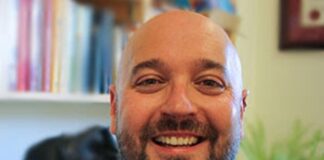
A Caribbean court has ruled that laws outlawing gay sex in Antigua and Barbuda are unconstitutional.
The East Caribbean Supreme Court ruled last week that “the selection of an intimate partner is a private and personal choice” and the twin-island nation’s 1995 Sexual Offenses Act “offends the right to liberty, protection of the law, freedom of expression, protection of personal privacy and protection from discrimination on the basis of sex”.
The rarely enforced law states that people found guilty of having anal sex can spend up to 15 years in prison, and crimes of “serious indecency” can result in 5 year prison terms.
The case was brought forward by a man who works in the nation’s health department, who also heads a gay rights group, and a local organisation called Women Against Rape.
Orden David, President of Meeting Emotional and Social Needs Holistically (MESH), an organisation serving the LGBT community, testified that he faced significant discrimination because of the laws, and the patients would refuse treatment from him because of his sexual orientation.
The sex assault support organisation shared that people would often not report assaults or undergo tests for sexual transmitted infections, including HIV, because of the fear the laws provoked.
The decision to declare the laws unconstitutional follows similar decisions in Belize and Trinidad and Tobago. Many of the laws were first enacted when the countries were under British colonial rule.
Human Rights groups welcome the decision
Human Rights Watch has welcomed the decision but highlighted that anti-gay laws remain in many Caribbean nations. Barbados, Dominica, Grenada, Guyana, Jamaica, Saint Kitts and Nevis, Saint Lucia, and Saint Vincent and the Grenadines still have similar laws.
“The High Court’s landmark ruling is a beacon for LGBT people in Antigua and Barbuda and other Caribbean nations, whose rights and freedoms have been stymied by these punitive laws,” said Cristian González Cabrera, LGBT rights researcher at Human Rights Watch.
“Laws criminalising same-sex conduct, which are in still in force in eight other Caribbean nations, reinforce and tacitly permit discrimination, violence, and prejudice against LGBT people.”
“Countries in the Caribbean and beyond that still criminalise same-sex conduct should follow in the footsteps of Antigua and Barbuda and repeal all legislation that discriminates on the basis of sexual and gender identity,” González said.
“The Americas should become a region where consensual intimacy and identities are never criminalized, and LGBT people enjoy the same respect for their rights as everyone else.”
UNAIDS also welcomed the decision saying it would help reduce stigma which prevented the country from efficiently tackling HIV/AIDS.
“This ruling will save lives and will help advance the end of AIDS. It will benefit everyone in the country, and will inspire countries across the world to take the same vital step forward for health and human rights. By creating a more supportive legal environment we can accelerate progress around reducing stigma and discrimination and ensuring everyone can enjoy lives free of fear, shame and injustice,” said UNAIDS Executive Director, Winnie Byanyima.
“We congratulate the courageous litigants, civil society organizations and their legal team who have earned this landmark win for equality in Antigua and Barbuda.”
At least 68 countries in the world still criminalize gay sex. It is not known if the Attorney-General in Antigua and Barbuda will appeal the decision.
OIP Staff
You can support our work by subscribing to our Patreon
or contributing to our GoFundMe campaign.









